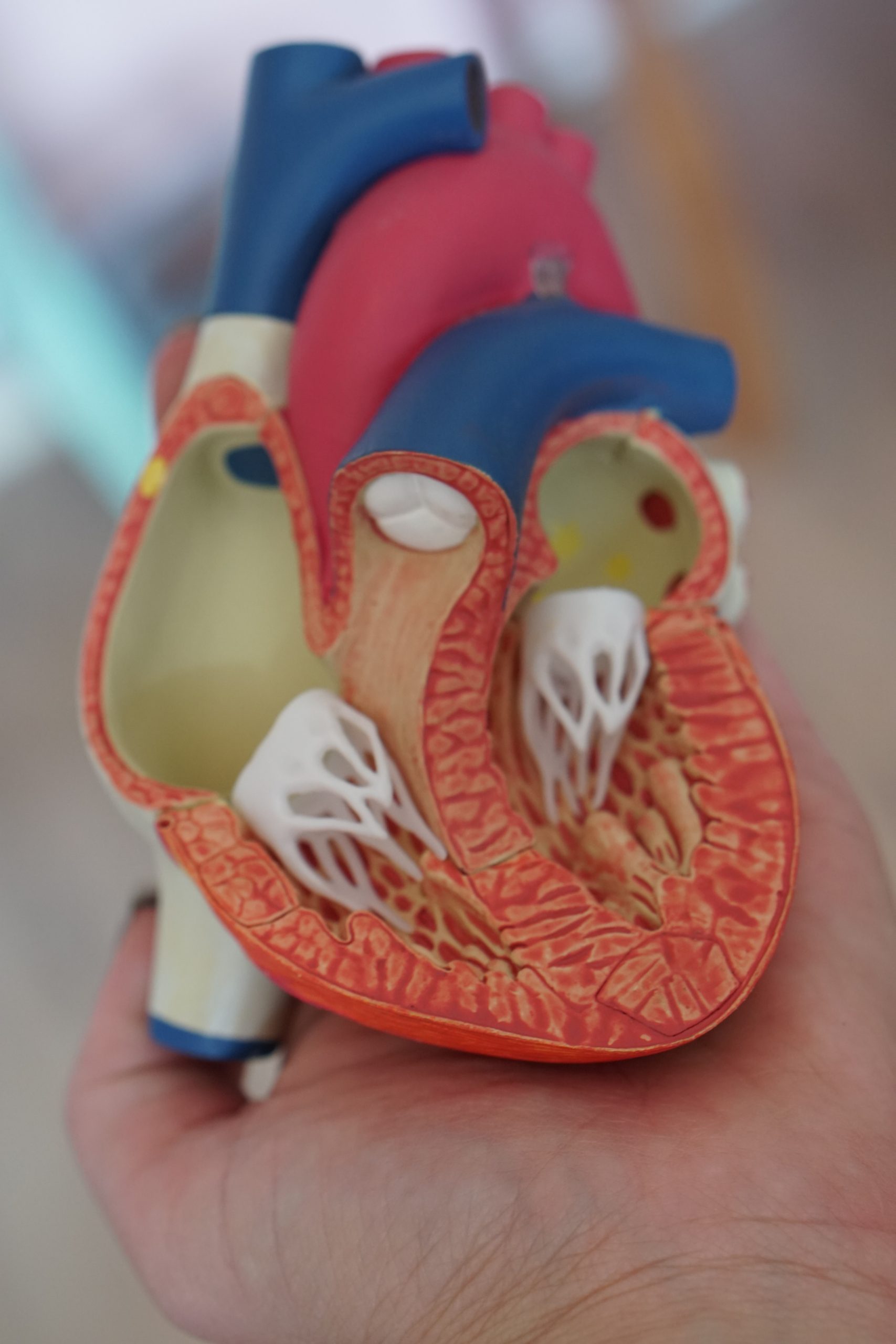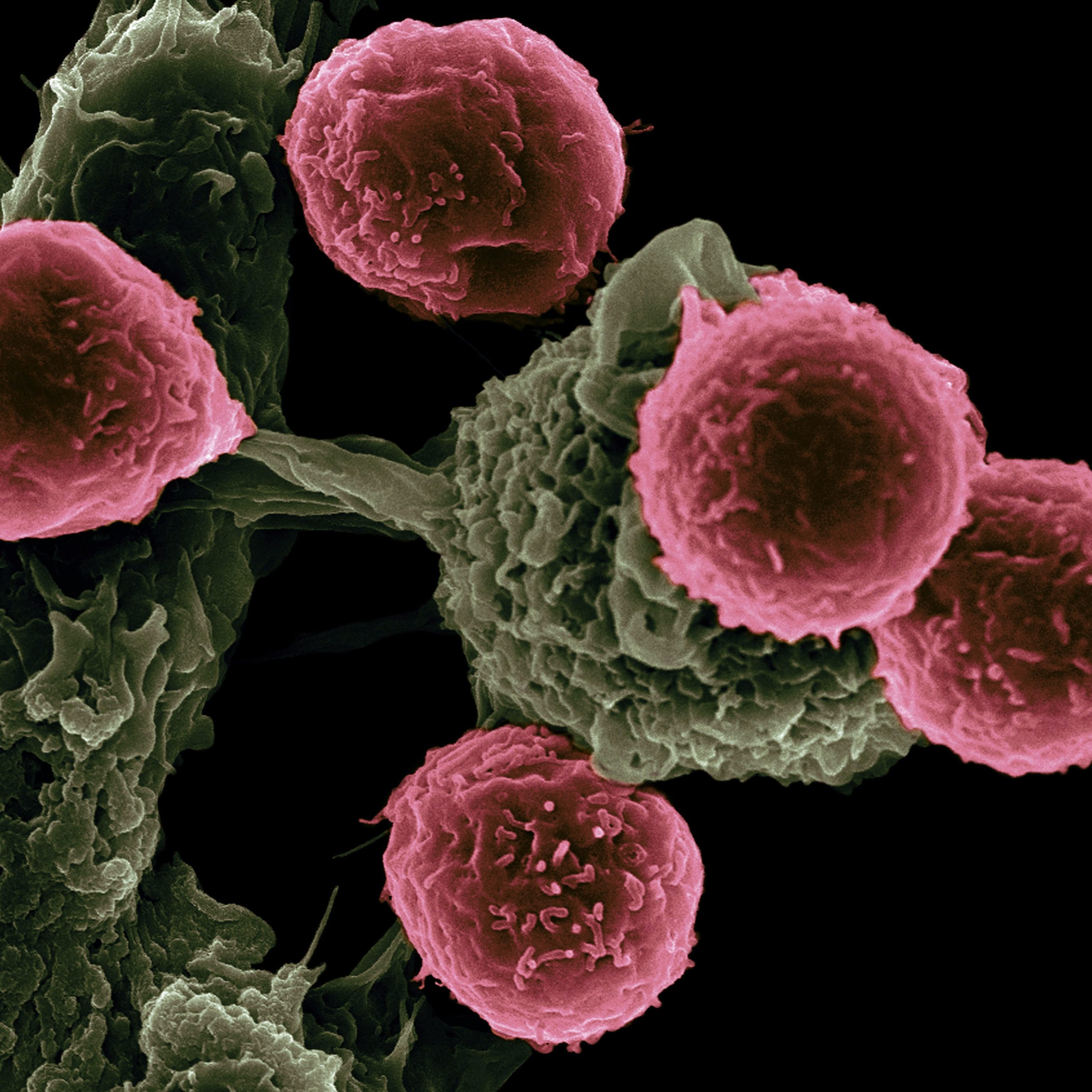Experimental drug agent pentagamavumon-1 (PGV-1) for stopping cancer growth
Turmeric is known as a popular spice that is used for flavoring. It is also known as a useful medicine for its anti-inflammatory and even anti-cancer benefits. Some previous studies have shown that the medicinal benefits of turmeric come from the compound curcumin, which is sold as an herbal supplement. Curcumin's anti-cancer properties have been studied. These studies have revealed that the high doses of curcumin are required. However, incomplete understanding of the chemical process involving therapeutic actions of curcumin have restricted efforts for its use in cancer therapy.
One way to stop cancer growth is suggested by suppressing the enzyme activity. This leads to the reactive oxygen species that are allowed to cause stress on cells. This ultimately results in cell death. Similar to this process, many anti-cancer drugs operate to control cancer growth. However, these drugs sometimes have with severe side-effects that occur due to stress on healthy cells.
Scientists in Japan and Indonesia reported in a new study how an experimental drug agent stops cancer cells from growing. Their research was published in Scientific Reports (Pentagamavunon-1 (PGV-1) inhibits ROS metabolic enzymes and suppresses tumor cell growth by inducing M phase (prometaphase) arrest and cell senescence. Scientific Reports, 2019; 9 (1) DOI: 10.1038/s41598-019-51244-3).
.Pentagamavumon-1 (PGV-1) was first reported some time back as an analogue of a molecule found in turmeric that was later shown to have anti-cancer effects. In this new study, researchers conducted tests on cancer cells and animals. The study revealed that these anti-cancer effects were due to PGV-1 that inhibited a series of enzymes responsible for the metabolism of reactive oxygen species. It is reported that PGV-1 arrests cells in the cell cycle at M phase and it inhibits many ROS-metabolic enzymes. Further, this arrest is believed to prevent the cancer cells from dividing, and the subsequent enzyme inhibition causes the cancer cells to die. This finding is expected to lead to better understanding on the possible modifications to PGV-1 for its use for cancer treatment.
Further, researchers showed that PGV-1 was effective on numerous types of cancers and interestingly, when administered to mice injected with human cancer cells, the mice showed no evidence of the cancer along with no side-effects. Additionally, the anti-cancer effects were shown to persist even after the cessation of PGV-1 administration unlike other anti-cancer drugs.
In view of the high drug efficacy of PGV-1 along with very low amount of side effects in animals, researchers envisioned PGV-1 to be of pharmaceutically relevant therapeutics that could be developed as an orally administered drug for cancer.

